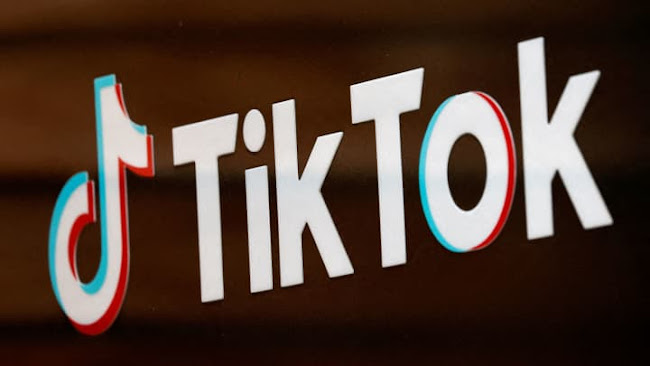Unlocking the Potential of ChatGPT in Scientific Research: A Comprehensive Analysis
Is ChatGPT making scientists hyper-productive? The highs and lows of using AI
In a 2023 Nature survey of scientists, 30% said that they had used generative AI tools to help write manuscripts. Credit: Nicolas Maeterlinck/Belga MAG/AFP via Getty
Introduction:
ChatGPT, an artificial intelligence (AI) chatbot developed by OpenAI, has rapidly gained prominence in scientific research since its release in November 2022. Although it offers a revolutionary tool for researchers, its widespread usage may pose challenges. This article will examine the benefits and downsides of integrating ChatGPT into scientific writing and explore the stance of scientific publishers and grant-funding agencies on its usage.
ChatGPT: Transforming Scientific Writing and Publishing:
• ChatGPT's accessibility and user-friendliness have democratized its usage, enabling researchers with diverse backgrounds to harness its potential.
• It aids in various stages of research, including manuscript writing, grant applications, code-writing, idea generation, and literature reviews.
• Researchers can even customize LLMs to suit their writing style and field of study.
Benefits for Researchers:
• It assists non-native English speakers in editing and translating, potentially reducing language barriers.
• Generative AI simplifies repetitive and labor-intensive tasks like literature reviews, thereby increasing productivity.
• It accelerates the paper-writing process, enabling researchers to publish at a faster pace.
Downsides of LLMs:
• Despite its human-like output, LLMs can make language errors and produce fabricated information, leading to ethical concerns.
• The increase in published papers due to LLMs might overwhelm editors and peer reviewers, diminishing the quality of scientific literature.
• The 'publish or perish' model in academia may be exacerbated by LLMs, prioritizing quantity over quality.
Publisher and Grant-Funding Agency Standpoint:
• Some journals have introduced guidelines for acknowledging LLM usage in manuscripts, but enforcing these rules remains challenging.
• Peer reviewers are typically not permitted to use LLMs during assessments to ensure their full attention is on the manuscript.
• While some grant-funding agencies acknowledge the use of AI technologies in grant preparation, strict confidentiality concerns are raised, restricting LLM usage in reviewing applications.
Conclusion:
While ChatGPT and other LLMs have the potential to enhance scientific productivity, ethical considerations, quality assurance, and confidentiality concerns persist. The future integration of LLMs into the scientific community requires a balanced approach, ensuring that technological advancements do not compromise the integrity and excellence of research.
Disclaimer:
The analysis provided in this article is based on the publicly available information and opinions expressed in the referenced news article. The purpose of this analysis is to present a simplified overview of the content and its implications. It should not be construed as professional advice or an exhaustive review of the topic. Readers are encouraged to refer to the original source for a comprehensive understanding and consult relevant experts or professionals for specific guidance on the subject matter. [Original News Article]




Comments
Post a Comment